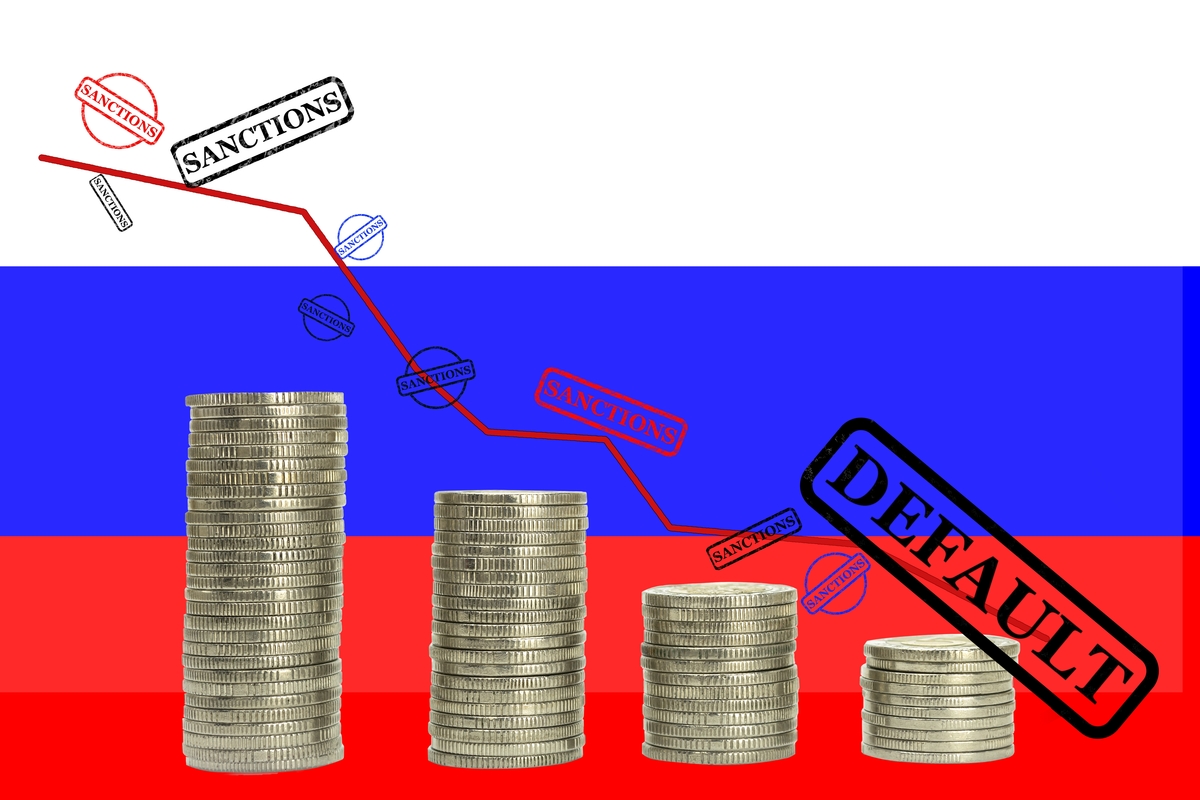Dear visitor,
You're reading 1 of your 3 free news articles this quarter
Register with us for free to get unlimited news, dedicated newsletters, and access to 5 exclusive Premium articles designed to help you stay in the know.
Join the UK's leading credit and lending community in less than 60 seconds.
Russia defaults on foreign debt
Russia is understood to have defaulted on its foreign debt for the first time since the 1917 Russian Revolution, months after western powers began imposing co-ordinated economic sanctions on the country.

Senior Journalist, covering the Credit Strategy and FSE News brands.
Russia missed its 26 June deadline to meet a 30-day grace period on interest payments of of $100 million (£81.4bn) on two Eurobonds that were originally due on May 27.
In total, Russia owes around $40bn (£32.5bn), but it was shut out of the international financial system following its February invasion of Ukraine.
The Kremlin chose to partially protect its economy from international sanctions following the 2014 invasion of Crimea, and it therefore has a relatively low foreign debt burden.
Russian officials said the money was sent to Euroclear, a bank which would normally distribute it to investors, but the payment is stuck there and creditors have not received it, according to The Times.
The Kremlin has previously said it has the money to pay its debts, having offered to pay in roubles. However, western sanctions have put its reserves of foreign currency in stasis.
International ratings agencies are expected to confirm the default. Russia’s credit ratings were downgraded to junk status by Fitch, S&P and Moody’s, before ratings were withdrawn in line with European Union (EU) sanctions in March 2022.
The rouble hit 53.1 against the dollar yesterday, up by 4.32 per cent on the previous day. The rouble weakened after reports that creditors had not been paid, but regained ground in a day of volatile trading. The currency is not free-floating but instead managed by Russia’s central bank to save it from collapse.
“There is money and there is also the readiness to pay,” Anton Siluanov, Russia’s finance minister, said last month. “This situation, artificially created by an unfriendly country, will not have any effect on Russians’ quality of life.”
Liam Peach, a Europe economist at consultancy Capital Economics, said: “Russia had been in default for more or less three months as far as bond investors were concerned.”
The G7 countries recently emphasised its support of Ukraine, with prime minister Boris Johnson calling for “strategic endurance”, predicting that even if the war continued, “the economic impacts on the UK will start to abate”.
Stay up-to-date with the latest articles from the Credit Strategy team
Get the latest industry news






